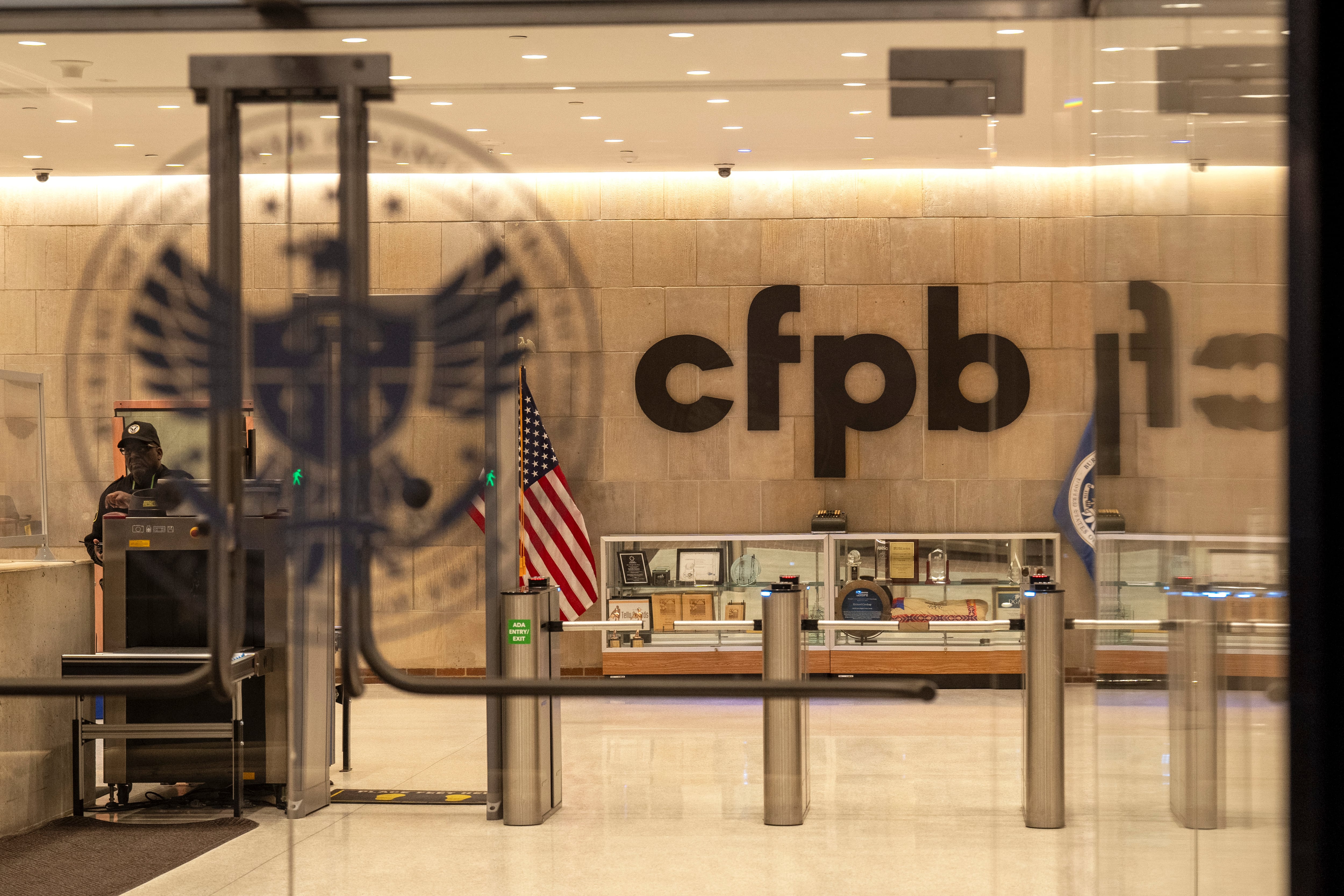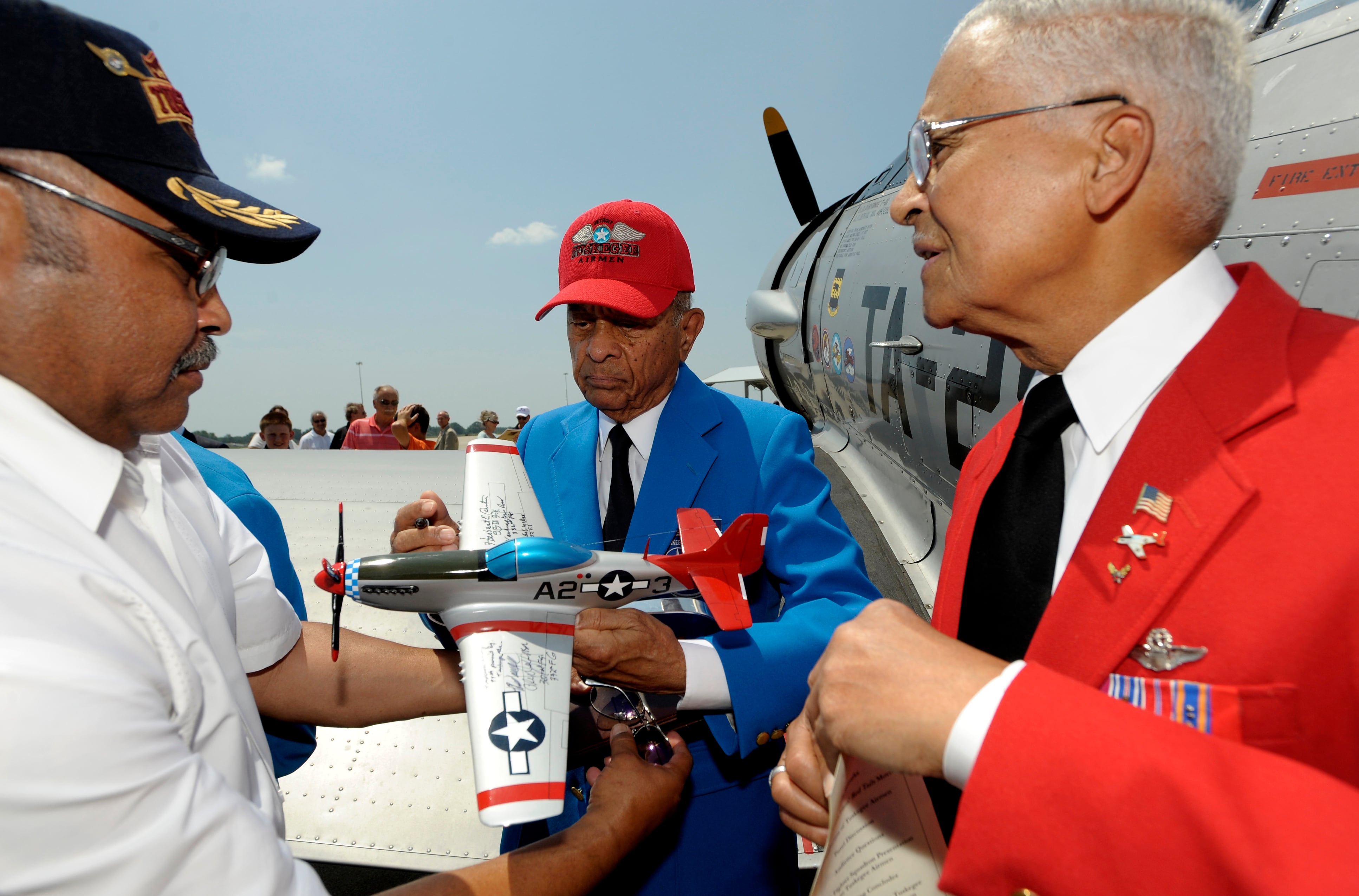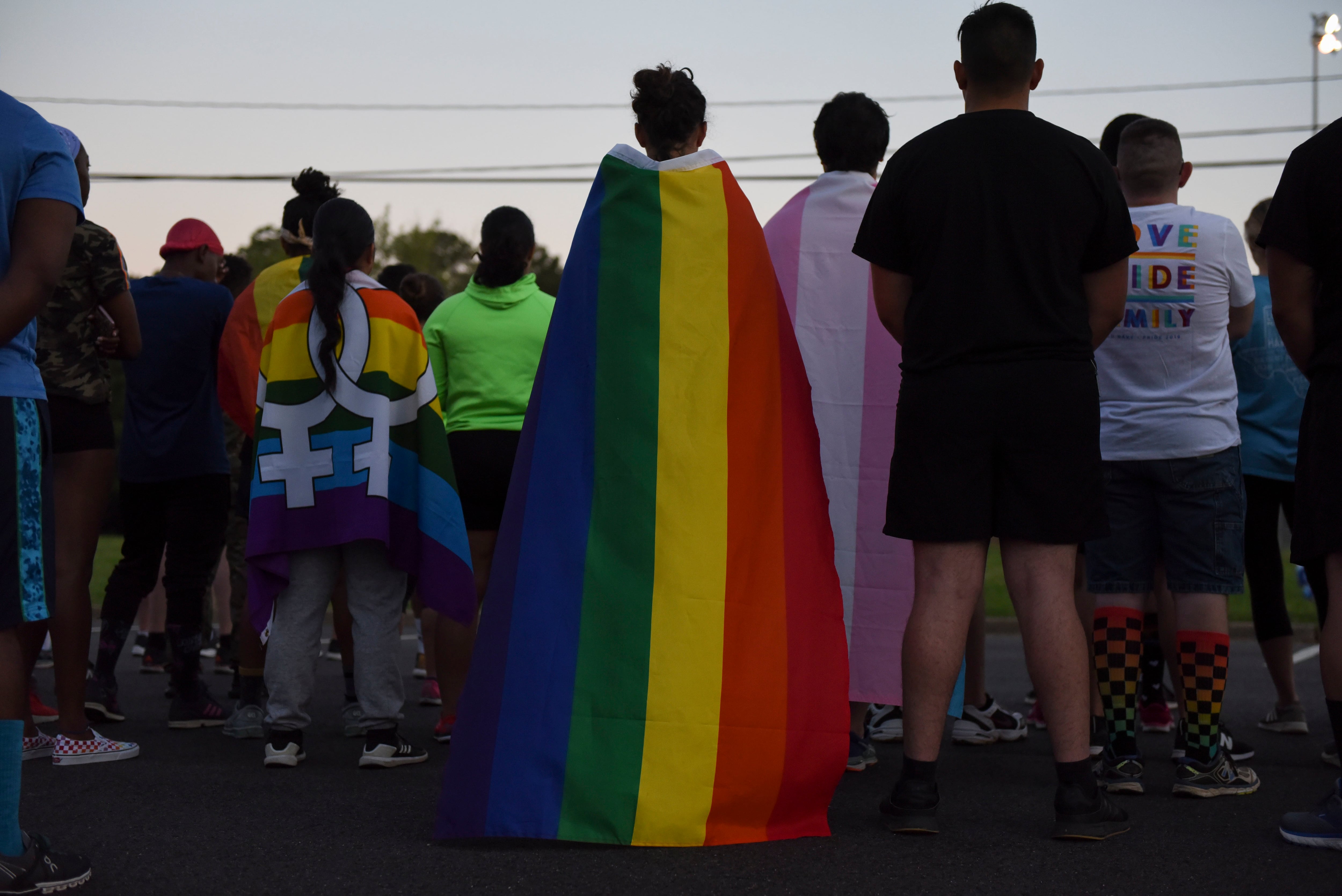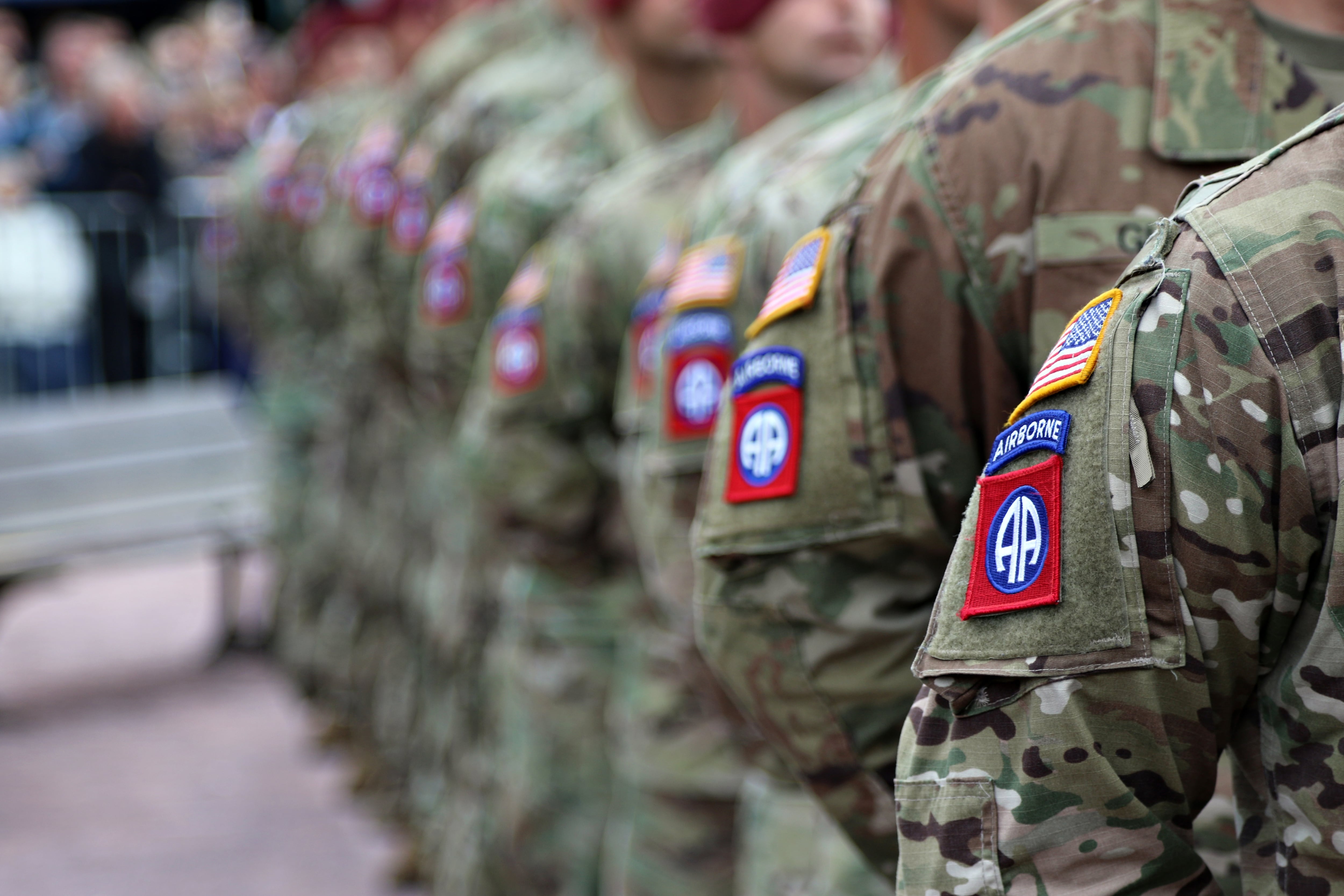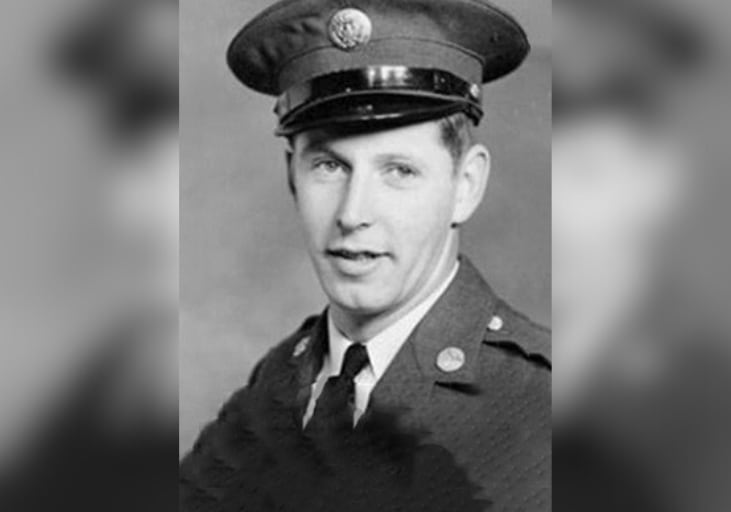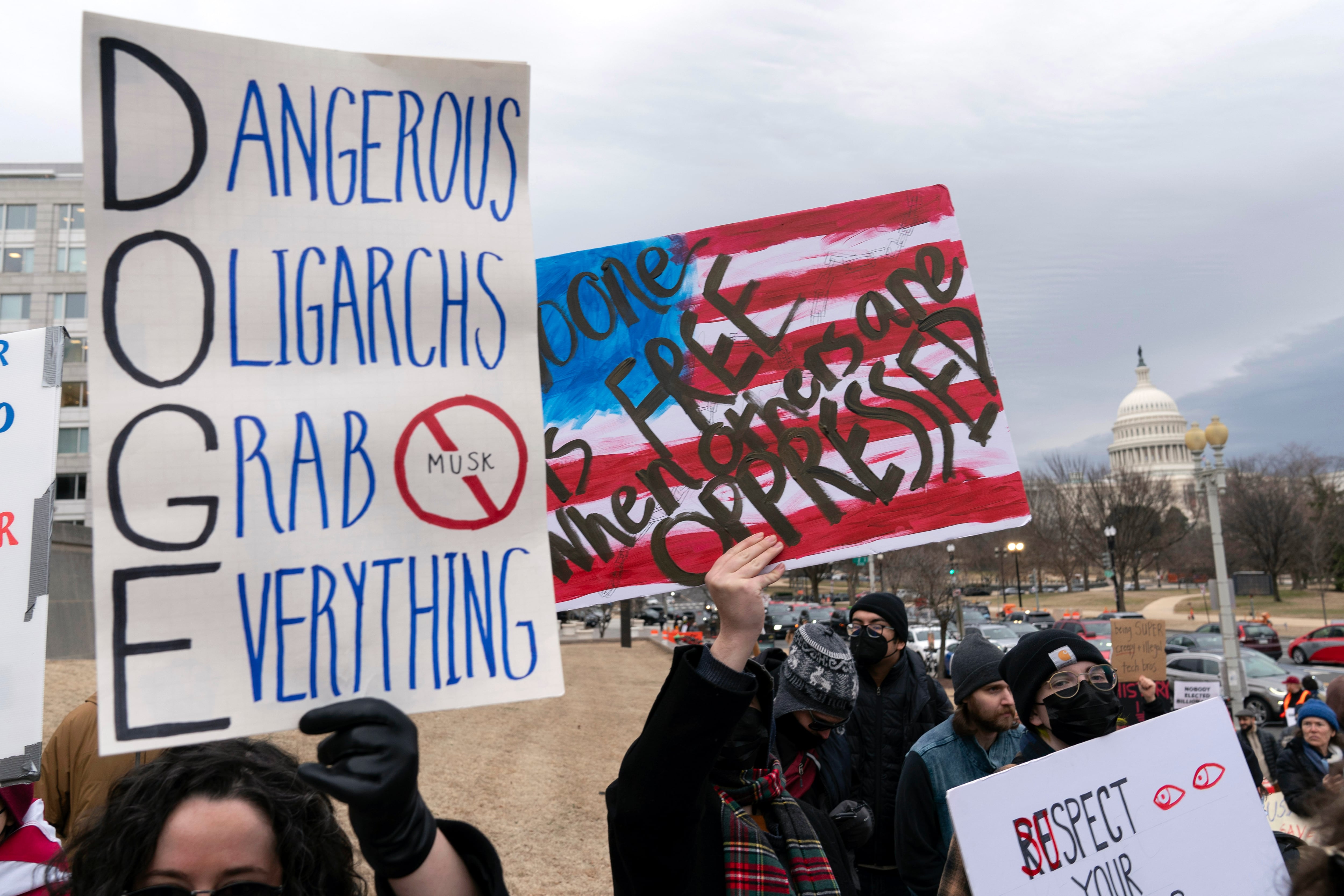More than 300 paratroopers assigned to 3rd Brigade, 82nd Airborne Division began a 14-day quarantine upon their return to Fort Bragg, North Carolina, from Afghanistan, unit officials said Saturday.
Roughly 1,200 paratroopers are returning from deployment in total, and some from 3rd Brigade did prior to the quarantine policy being implemented. Those quarantined Saturday were returning from a 9-month rotation to Afghanistan as part of the NATO mission to the country.
Soldiers who live off-post or in privatized housing will be quarantined at their residence. Those normally assigned to the barracks, or do not have a local residence, will be quarantined on Fort Bragg. Officials are exploring what services can be provided to soldiers who will be confined to base facilities, said division spokesman Lt. Col. Mike Burns
“We’re looking at ways to find them entertainment, internet, telephone services, and stuff like that,” Burns said. “We’re working with MWR, we’re going to get them a gym that they can go into and make sure they have DFAC access."
Paratroopers in quarantine will be monitored and medically treated if necessary, the division said. The policy reflects larger Army guidance that troops returning from any country designated by the Center for Disease Control as Level II or higher, like Germany and Italy, will be subject to quarantine.
“It’s going to be a challenge for them, but I’ve seen first hand how resilient our Paratroopers are,” division commander Maj. Gen. James Mingus said in a statement. “As soldiers, we understand better than most that we have a responsibility to the community to follow the guidelines provided by the CDC.”
While there have been no confirmed cases of COVID-19 there, Fort Bragg officials said they’re taking precautionary measures to prevent any potential spread of the illness among troops. People can still be vectors for the virus even if they’re not yet showing symptoms, according to the CDC.
The virus is thought to spread mainly between people who are in close contact with one another — roughly within 6 feet. Droplets from an infected person’s coughing or sneezing can spread the virus if they land in the mouths or noses of people who are nearby or possibly be inhaled into the lungs, according to health officials.
The CDC recommends people wash their hands with soap and water for at least 20 seconds, avoid close contact with people who are sick and practice social distancing.
Kyle Rempfer was an editor and reporter who has covered combat operations, criminal cases, foreign military assistance and training accidents. Before entering journalism, Kyle served in U.S. Air Force Special Tactics and deployed in 2014 to Paktika Province, Afghanistan, and Baghdad, Iraq.

